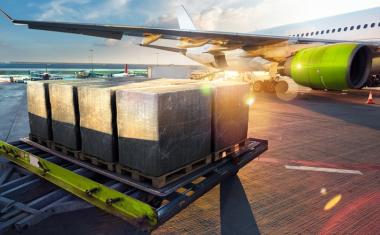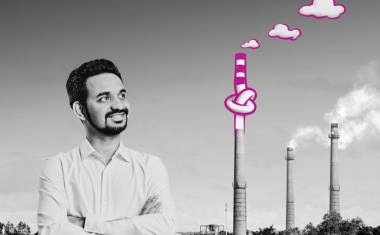UAE Signs on to Circular Economy Plan

To coincide with Earth Day on Apr. 22, a newly formed United Arab Emirates (UAE) coalition of government, NGOs, global and local private companies announced a pledge to tackle the problem of packaging waste pollution and develop a circular economy. The plan is supported by the country’s Ministry of Climate Change and Environment.
As a first step toward meeting the sustainability goal, the Coalition of Innovation in Recycling towards a Closed Loop Economy (Coalition Circle) was created earlier this month. Charter members are BASF, Borouge, Tetra Pak, Carrefour, Coca-Cola, Dow, Gulf Petrochemicals, McDonald’s UAE, Nestlé, Procter & Gamble, PespiCo and Unilever, along with the UAE’s Chemicals Association and Emirates Nature – WWF.
The objectives of the pact agreed in early April at the MENA summit of the World Economic Forum (WEF) on the Middle East and North Africa are said to be aligned with the UAE’s National Sustainable Consumption Plan.
At the summit held on the Dead Sea in Jordan, the UAE became the first country to adopt the WEF’s Scale 360 initiative, which provides a model for a circular economy, based on using fewer natural resources and reducing pollution to tackle climate change.
Thani Bin Ahmad Al Zeyoudi, Minister of Climate Change and Environment, said the coalition’s pledge reaffirms the UAE’s position as a global and an open laboratory for economic and technological innovations in line with its UAE Vision 2021 and the Centennial Strategy 2071.
Scale 360 employs the technologies of the so-called Fourth Industrial Revolution, which means minimizing waste by designing recyclable and renewable goods to ensure their use even after the end of their shelf- life, through recovering and regenerating products and material.
The UAE government, which has committed $1 million to support the initiative, said Scale 360 “offers enormous potential that can reduce waste and recycling resource efficiently as the foundation of future cities and sustainable economy.”
According to a World Economic Forum report, up to 2025 more than $1 trillion a year could be generated for the global economy and 100,000 new jobs created if companies focused on encouraging the buildup of circular supply chains to increase the rate of recycling, reuse and remanufacture.





